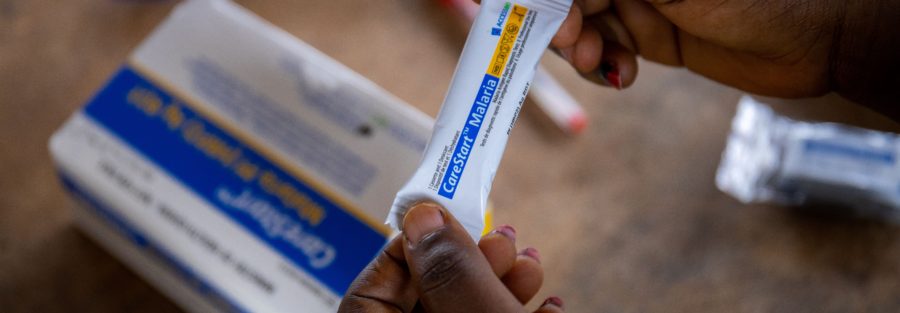The availability of essential medicines is the foundation of a well-functioning healthcare system and is crucial for high-quality healthcare services. In Ghana, like many developing countries in sub-Saharan Africa, the availability of these essential medical commodities has been significantly hampered by bureaucratic delays and regulatory hurdles. Donated health commodities, which could greatly alleviate shortages and improve health outcomes, often sit in warehouses at the port for months awaiting clearance. To reduce these delays, enacting and enforcing policies that expedite the clearance of donated health commodities is imperative.
The Current State
The donated health commodities are a lifeline for many Ghanaians, particularly the vulnerable, women and girls who struggle to finance their treatment of conditions such as HIV/AIDS, Tuberculosis, and Malaria. Over the past 20 years, Ghana has made substantial progress in combating HIV. The 2020 Global Fund report highlights that by 2020, 68% of individuals living with HIV were aware of their status, up from 48% in 2015. The report also shows that the proportion of those who know their status and receive antiretroviral therapy increased dramatically from 13% in 2010 to 60% in 2020. Additionally, it was reported that AIDS-related deaths have decreased by 42% since 2002, and new HIV infections have dropped by one-third during the same period.
According to the report, while the number of TB deaths and new cases has not decreased, the treatment success rate has remained relatively high at 85% since 2010. Based on the report, the treatment success rate for drug-resistant TB has seen significant improvements, rising from 33% in 2010 to 56% in 2018. Furthermore, the report shows that by 2020, 90% of individuals co-infected with HIV and TB were receiving antiretroviral therapy, a substantial rise from just 18% ten years earlier. Through its agreement with the Government of Ghana between August 2023 and February 2024, the Global Fund supplied 435 essential health commodities including anti-HIV, TB, Malaria medicines, and mosquito nets for distribution nationwide. The donated health commodities, valued at over $40 million, are essential for bolstering Ghana’s healthcare finances and alleviating the financial burden on vulnerable populations, especially in rural and underserved areas who would otherwise struggle to afford essential treatments, thereby improving access to healthcare. However, clearing these medicines through customs and regulatory bodies is fraught with significant delays.
Implications of Delays
Delays in clearing essential medical commodities have severe implications, particularly for vulnerable groups such as women and girls in underserved communities relying on HIV/AIDS, TB, and malaria treatments. Delays in the clearance of these essential medical commodities can result in significant health risks. Patients, particularly those from vulnerable groups, may live without necessary treatments, leading to worsening conditions, preventable complications, and even deaths. Additionally, the financial burden of the health care system increases as delays prolong. Treating advanced stages of diseases that could have been managed early with timely medication is more expensive, straining the already limited resources of the healthcare system. Furthermore, medicines, especially those with short shelf lives, can expire while waiting for clearance. This wastage represents a significant loss of valuable resources that could have been used to save lives.
Proposed Policy Intervention
To mitigate these issues, ARHR proposes policy reforms to reduce the delays at the port:
- The existing policies governing the importation and clearance of medicines should be reviewed and revised.
- Donated health commodities should receive a clearance waiver to eliminate bureaucratic delays.
- A committee within the Ministry of Health should be established to expedite the clearance process.
- Agreed-upon times for the clearance of these medicines from the port should be set by both parties.
- Transparent processes with clear accountability mechanisms should also be established. Regular audits and public reporting on the status of donated health commodities will ensure that delays are identified and addressed promptly. Simplifying these regulations will reduce unnecessary delays and improve efficiency.
Conclusion
Reducing delays in the clearance of donated medical commodities is not just an administrative issue, but a critical public health priority. Implementing and enforcing policies to expedite this process in Ghana can greatly increase access to essential medicines, improve health outcomes, and strengthen the healthcare system’s ability to meet the needs of its people. The urgency of action is clear, as delays can result in unnecessary loss of lives.



